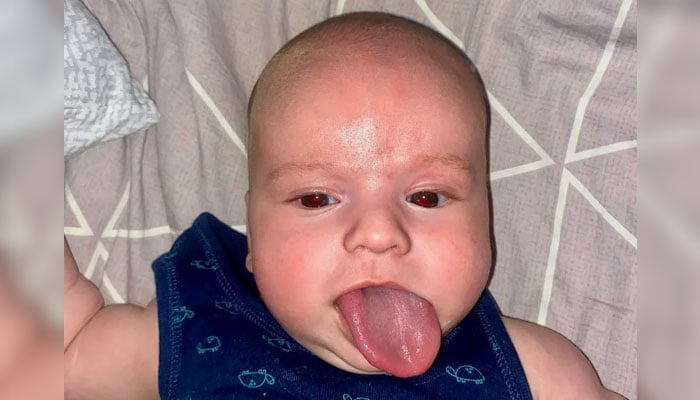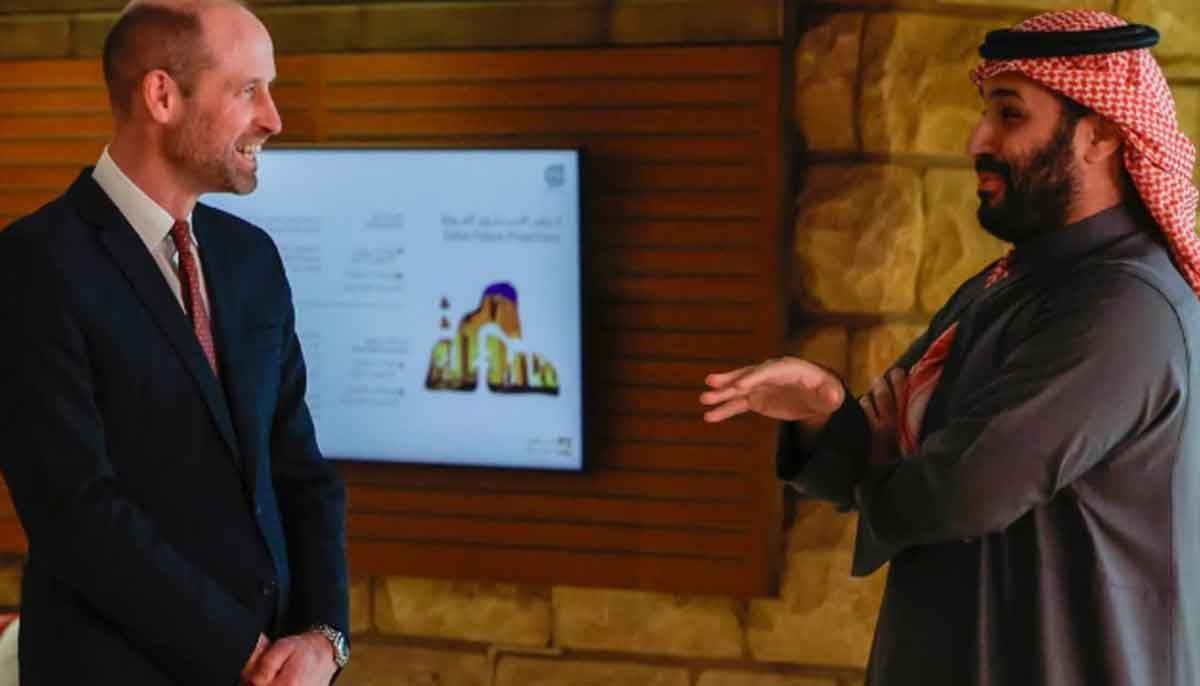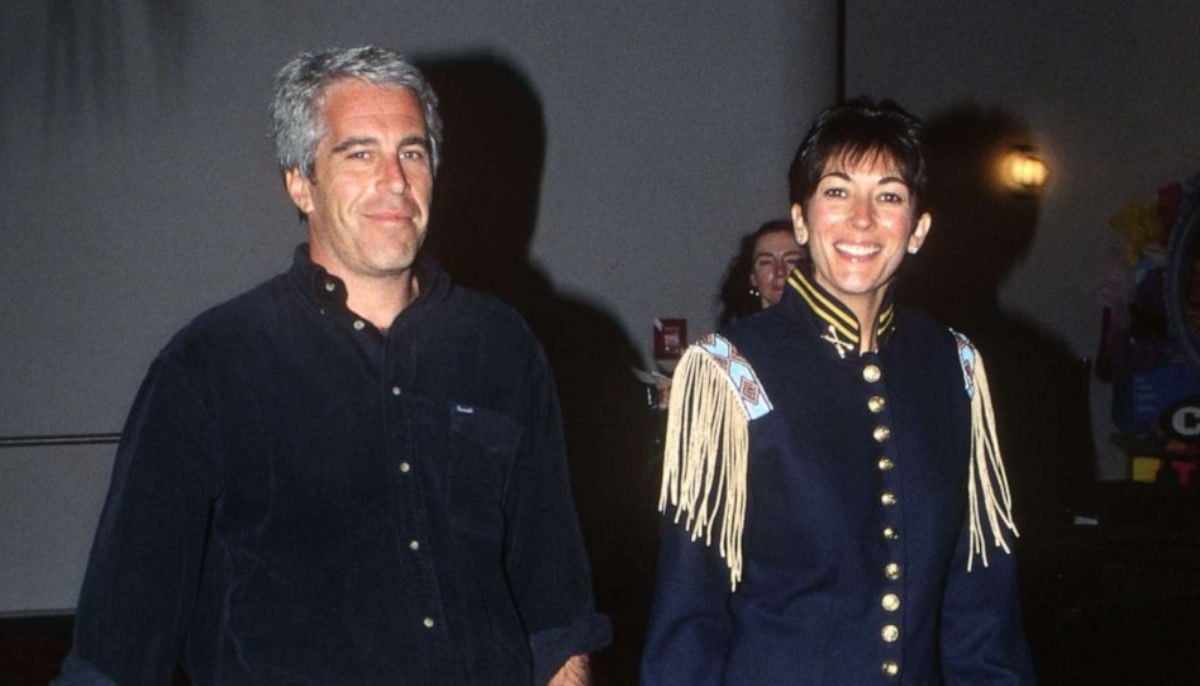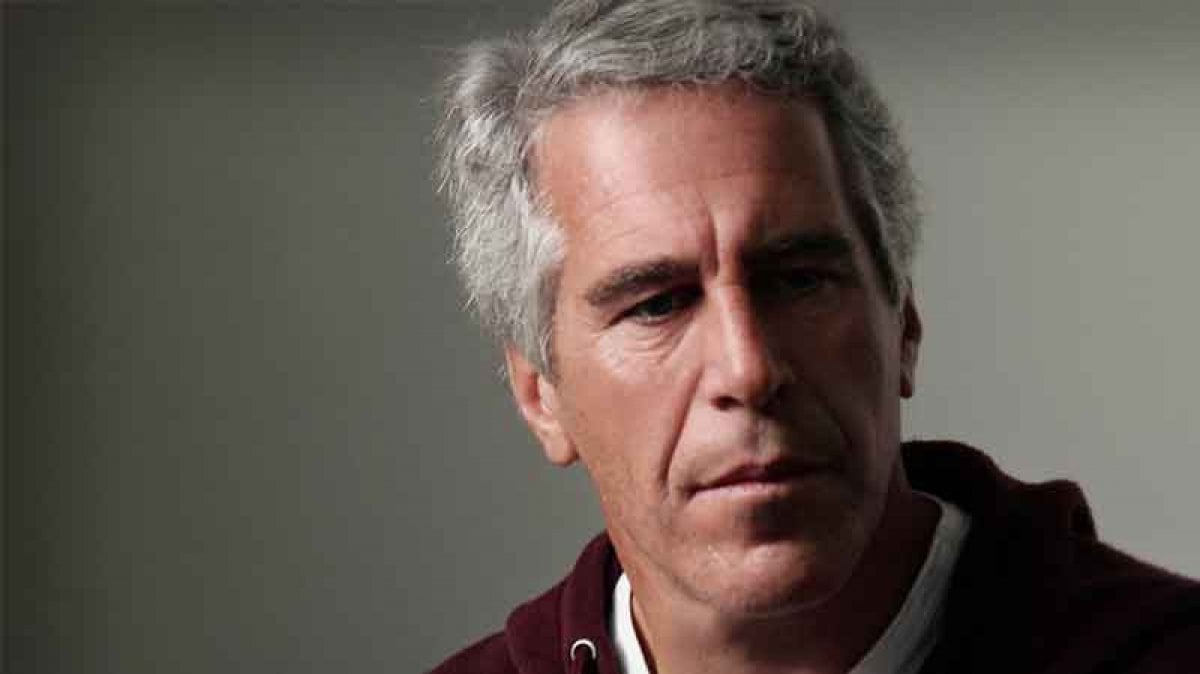Infant born with 'super tongue' gets much-needed surgery
His parents found it adorable at first but were worried when they discovered it might be a rare fatal genetic disorder
Levchikov (Lev), a baby boy from Odesa, Ukraine, was born with a "super tongue" — six inches longer than usual — that his parents noticed in a scan when his mother Olena was 32 weeks pregnant, The Sun reported.
His parents found the super tongue adorable at first but were worried when they discovered it might be the result of a rare fatal genetic disorder and would make it difficult for him to eat.
They sought medical help but were informed that correcting Lev's condition would be challenging.
Olena explained: "Our son was born with a large tongue, five, six times larger than the tongue of an ordinary child. A geneticist confirmed that the baby had the rare Beckwith-Wiedemann syndrome."
Beckwith-Wiedemann syndrome is a rare overgrowth disorder with a higher cancer risk, occurring in one in every 15,000 births, primarily due to chromosomal abnormalities, according to the Great Ormond Street Hospital (GOSH).
Macroglosia, which is an abnormally large tongue, is one of the signs of the disorder and can cause feeding, speech, teeth and jaw development issues. It also causes increased drooling.
According to GOSH, speech and language therapy can help, but some may require tongue reduction surgery.
Olena said: "Doctors in Odesa advised us to look for help abroad because in Ukraine there are no surgeons who would have experience helping such children."
However, thanks to doctors from the United States who were in Lviv, Lev underwent tongue reduction surgery at the Centre for Children's Medicine when he was a little over a year old.
Roman Ogonovsky, the head of the Interregional Centre for the Treatment of Children with Cleft Lips and Palates, said: "We have the experience of removing part of the tongue, we have done similar operations before, but on adults.
"We approached the treatment of this patient responsibly, with the team being supported by our American colleagues."
After the operation, the doctors said, it was the first time in his life that little Lev was able to keep his tongue in his mouth, but would need further treatment and rehabilitation.
-
Baby left in running bathtub dies after father ‘forgets’ him
-
Prince William meets Saudi Crown Prince Mohammed bin Salman
-
Ghislaine Maxwell will not answer Congress questions on Epstein
-
Kensington Palace announces Prince William's arrival in Saudi Arabia
-
Super Bowl 2026: Why didn't Epstein survivors ad air on TV?
-
Girl and grandfather attacked in knife assault outside Los Angeles home
-
Super Bowl halftime show 2026: What did Trump say about Bad Bunny?
-
Former NYPD detective says Nancy Guthrie's disappearance 'could be hoax'












